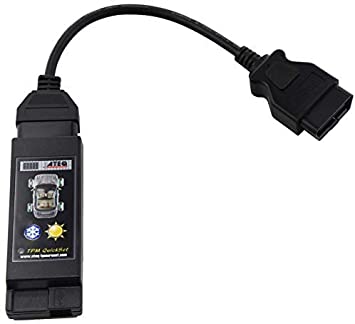philmc79
LIFE MEMBER
Does anyone ever feel like the suspension on their MH feels like the suspension does not soak up the little bumps in the road like a car does, I have had my MH fitted with rear air suspension and what is termed as comfort springs on the front but it does not feel any better than it did on the old suspension, does reducing the tyre pressures make a difference ???? has anyone tried this or experimented with different settings and does it make a difference or is it dangerous any help would be good.


